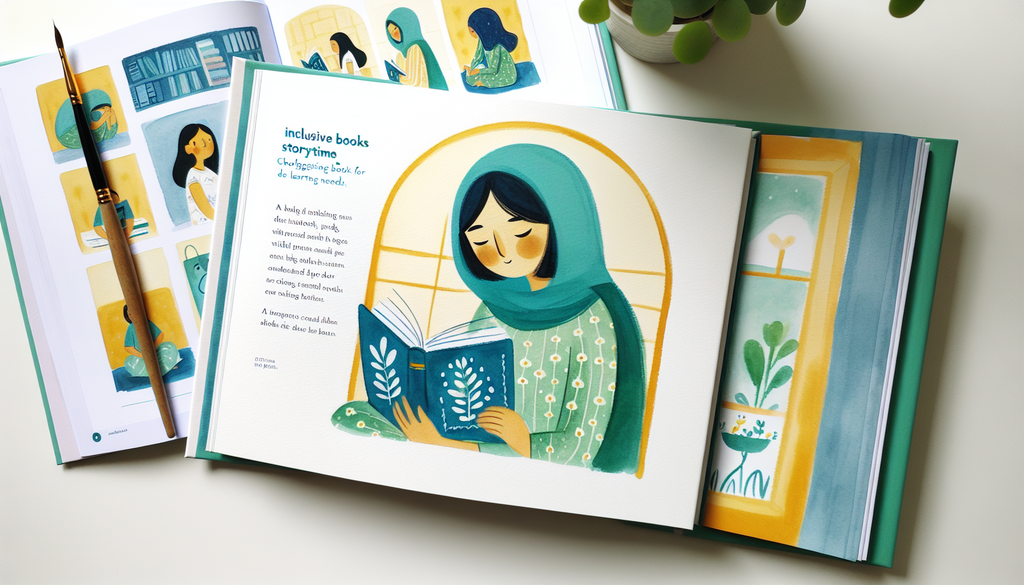Inclusive Storytime: Choosing Books for Diverse Learning Needs

As parents, guardians, and caregivers of children with diverse learning needs and backgrounds, it can be a considerable challenge to find books that are not only engaging and fun but also inclusive and reflective of their uniqueness. Here are some tips and practical strategies to guide you to the perfect books for your child.
1. Look for Books that Respect Diversity
When choosing books for both special needs and gifted learners, it is essential to look for ones that respect and embrace diversity. Books that feature characters with different abilities, ethnicities, and experiences can provide a mirror of reality for your child – validating their individual journey, fostering empathy, and broadening their worldview.
2. Choose Books That Engage Various Learning Styles
Different learning styles cater to different learners. Some children learn visually, some through hearing, and others by doing. While books are fundamentally visual, there are books with sounds for auditory learners, and there are interactive books with flaps or textures for kinesthetic learners. Understanding your child’s learning style can make storytime more engaging and impactful.
3. Opt for Books that Challenge their Minds
For gifted children, opt for books that challenge their minds and stimulate their curiosity. They often enjoy stories with complex plots, rich vocabulary, and thought-provoking themes. Supporting their skill development from a young age will go a great deal in nurturing their giftedness.
4. Prioritize Books That Pave the Way for Discussions
Choose books that open discussions about feelings, differences, acceptance, and resilience. This is especially helpful for children with special needs to help them develop critical coping skills.
5. Consider Books that Promote Autonomy
For gifted children, consider books that foster a sense of autonomy and self-directed learning. Such books can help them develop critical thinking skills and a sense of control over their learning.
6. Seek for Recommendations
Don’t hesitate to ask for book recommendations. Reach out to your child’s educators, speech or occupational therapists, or even the online community of parents and caregivers who have children with similar learning needs.
Stories hold power, and the books we expose our children to can guide their understanding of themselves and the world around them. By mindful selection, we can ensure that storytime is an inclusive, affirming, and enriching experience for our little ones. Happy reading!